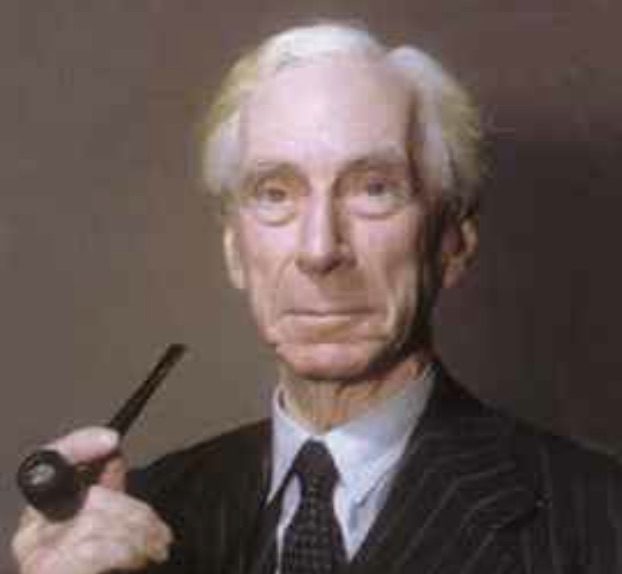
When I was a teenager, I believed that highly educated and intelligent people were “smart” in all things. In graduate school, I had a chance to discuss ideas with some of the brightest people on the planet, but was often surprised at their depth of belief in a particular political or religious doctrine. Although their approach to science and mathematics was open-minded, some of their basic political or religious beliefs seemed to be accepted without question.
Albert Einstein, for example had been a pacifist during most of his life. It seemed to me that anyone who had been to school, would have experienced bullies, and learned that the only antidote to a bully is greater strength. My experiences had suggested that appeasement doesn’t work in a “Lord of the Flies” environment. Bertrand Russell, another highly intelligent individual was also a pacifist throughout most of his life. Could it be that he was sheltered in a private school and never experienced a bully?
It seemed to me that both of these intellectuals were naïve in their belief in pacifism. The following excerpt, taken from the book Intelligence: Where we Were, Where we Are & Where we’re Going describes their revelations late in life:
On March 28, 1933, when Albert and Elsa returned to Europe from their trip to the US, Albert went to the German consulate in Brussels where he returned his passport and renounced his citizenship. He then sent a letter, resigning his position from the Prussian Academy. In his persecution of the Jews, Hitler drove out of Germany many of the brilliant scientists who, a dozen years later, would help to bring about his destruction. As Einstein watched what he called, “the utter failure of the so-called intellectual aristocracy,” he renounced his previous commitment to pacifism and conceded, “Under today’s conditions, if I were a Belgian, I would not refuse military service, but gladly take it upon me in the knowledge of serving European civilization.”
From that same source, we have the following:
There has been significant controversy over whether Bertrand Russell had advocated a preemptive nuclear strike against the Soviet Union during his 1948 speech at Westminster School. In an article in The Economist Magazine, July 19, 2001, Nickolas Griffin, Director of the Bertrand Russell Research Centre at McMaster University in Hamilton, Ontario, argues that Russell acknowledged that a nuclear war with Russia would be devastating, so it would be important to contain them before they obtained a nuclear weapon. Whether or not he was recommending a preemptive strike was not clear, but his original pacifist position in the face of a bellicose adversary, had changed through a realization that participating in conflict for self-defense is necessary.
Of course, we are all prone to accepting beliefs without challenge, especially when those beliefs serve our self-interest or coincide with the “tribe” to which we belong. Notwithstanding the examples given above, my observations over the years, suggest to me that the rational habit of mind that challenges all dogma and propaganda is found more often among the highly intelligent than among the average. I believe that the main reason for this derives from the fact that most average people adopt the consensus opinions of those around them, while the independent minds are more likely to challenge their beliefs. Furthermore, those at the lowest end of the intellectual spectrum are drawn to superstition, horoscopes and general consensus because they lack the self-confidence to challenge accepted opinion.
